Accent Acquisition: How do you acquire a new accent?
In my recent article I wrote about how acquiring a new accent can achieve more effective communication. This is because when some accents are heard in different contexts, they can be challenging for a listener to understand.
Although accents are not a true indication of education, intelligence or authority, some people do wish to change the way they speak in order to be perceived in a different, or more accurate, way. I work with clients to help them acquire a new accent that will better serve them in an Australian context, rather than ‘modify’ their existing accent or diminish it in any way.
What makes some accents difficult to understand?
We all find some accents more difficult to understand than others, and it’s due to three elements: speed, the way certain vowels and consonants are pronounced, and the intonation pattern (you can read more about these in my recent article).
How do you learn to pronounce key vowel and consonant sounds?
The pronunciation of certain vowels and consonants can be challenging to work on. Every language is made up of different sounds, and there are sounds in certain languages that don’t exist in others. This means if a speaker has learnt English as a second language, they have not only learnt a new language, they are continually challenged to use their tongue, lips and soft palate in a different way than what is required in their first language.
A voice coach can give you the tools and training you need to acquire a new accent.
The first stage is to learn how a sound is formed, and how to physically make the sound.
A common sound to learn is the ‘w’ sound, for people with accents in which the ‘w’ either doesn’t exist or is pronounced as the ‘v’ sound.
Another, for people with accents from Asian countries, is the ‘r’ and ‘l’ sounds which often don’t appear in Asian languages.
Then, of course, it’s all well and good to use that sound in isolation, but you need to learn to use it in practical ways. Let’s say you’re learning the ‘th’ sound. You would work with your voice coach on:
- Learning the sound in isolation (“th” is made by placing the tongue on top teeth)
- Saying it between vowel sounds (e.g. “oo-th-oo-th-oo-th”)
- Saying it in nonsense words (e.g. “ootht”)
- Saying it in real words (e.g. “think, three, theme”)
- Saying it in short sentences (e.g. “think of three themes”)
Learning new sounds isn’t easy, and the length of time it’ll take for a person to confidently make new sounds depends on how strong and flexible their articulators are (mostly the tongue and lips). I often advise to expect approximately six one-hour teaching sessions with plenty of practice in between.
How does one strengthen their articulators?
Well it’s a case of your articulators hitting the gym, so to speak! Common articulator exercises I’ll prescribe include:
- ‘Cleaning your teeth’ with your tongue
- Poking out your tongue and moving from up to your nose then down to your chin
- Doing a ‘duck face’ then smiling, and repeating
- Curling your top lip up to your nose
- Lifting and dropping your bottom lip
All these exercises greatly help to activate these key sound-producing body parts. Another activity I strongly encourage my clients to dedicate some time to is working through some delightfully ridiculous-sounding tongue twisters. Not only will tongue twisters work your articulators, they’ll probably give you a giggle which is great to keep you relaxed and positive in your learning.
Would you benefit from acquiring an accent?
Many people go through life with multiple accents and think nothing of it, they simply change according to the environment they’re in, or the people they’re around. It can even happen mid-conversation, and it’s called ‘code switching’. It can be highly beneficial in situations in which it’s important to communicate clear meaning, particularly on the phone.
Accents are a beautiful reflection of culture, identity and upbringing, and are certainly nothing to be ashamed of, but at times it is necessary to learn a different accent to aid your communication in a different cultural context or professional environment.
If you feel that you’d benefit from acquiring a new accent, you can book a time to speak to one of our team at Viva Voice and learn about our voice coaching services.

